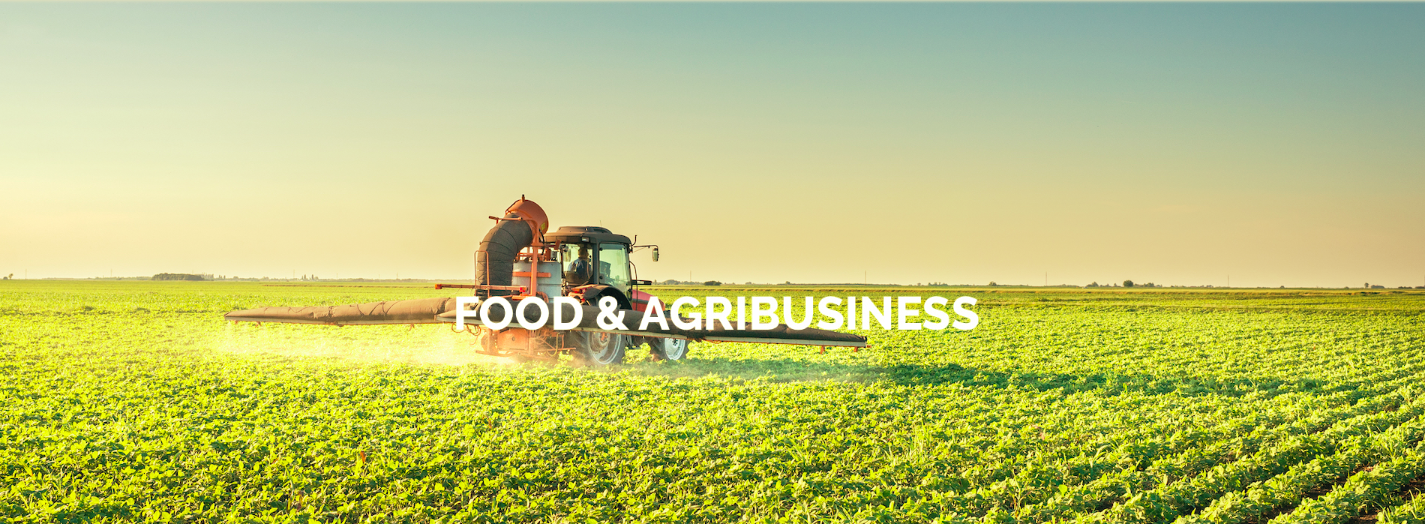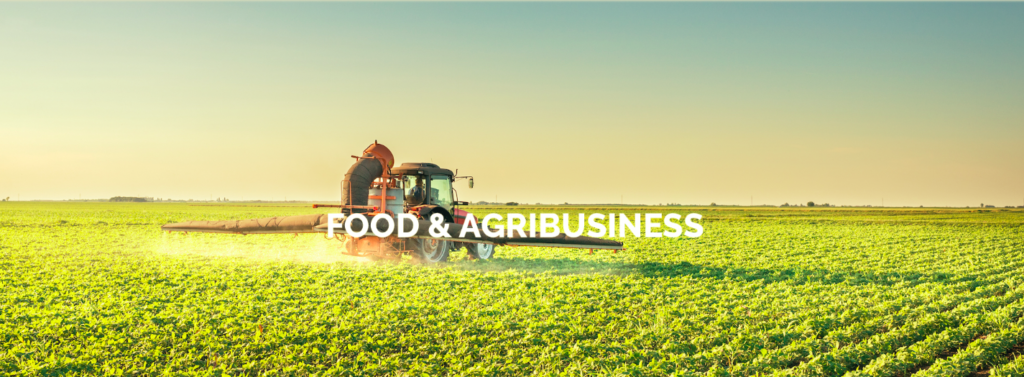In today’s talking points, Argentinian government and Chinese company put pen to paper on billion-dollar railway deal, bleak Australian weather outlook creates concerns for cattle industry, South Africa is trying to meet China’s demand for beef, and China is investigating into Australian barley imports.
Argentinian government and Chinese company put pen to paper on billion-dollar railway deal
The Argentinian government announced yesterday that a USD$1bn agreement had been signed with China Railway Construction Corporation Limited for the renovation and repair of a 1,000 kilometre railway running between Buenos Aires and Mendoza province.
The confirmation of this project further highlights China’s increasing presence in the South-American nation, with Reuters reporting that its economic influence, driven by several infrastructure projects, is estimated to total USD$18bn.
This new project will improve the efficiency of Argentina’s railway network, decreasing transportation costs by 55%, and increasing Argentinian shipments from present figures o 1.5million to 8 million tonnes by 2030.
Source: Successful Farming
Bleak Australian weather outlook creates concerns for cattle industry
Forecasts provided by the Bureau of Meteorology (BOM) this week suggested a high likelihood of above-average temperatures over the coming 3 months, raising concerns for the agriculture industry both domestically and in relation to exportation.
This news comes following record numbers of cattle being slaughtered in 2018 due to dire weather conditions.
As a key Australian export market, the adverse weather conditions anticipated may increase costs for exports in the cattle industry, consequently simultaneously impacting regional neighbours such as China.
Source: Successful Farming
South Africa is trying to meet China’s demand for beef
The surge in China’s demand for imported beef has put pressure on South African beef producers to produce more and expand their exports to Asia.
The biggest feedlot on a single site globally exporting meat is the South African producer Karan Beef (Pty) Ltd. At the moment Karan Beef export 70% of what it produces. In November Karan Beef exported just under the same amount of beef to China as it did to the Middle East. This has meant that they have had to try and promote their meat to the Chinese market which is leaner than the marbled meat imported from the US and Australia.
China recently made an attempt to purchase Karan Beef for six billion rand, but the producer declined as China intended to export all the company’s beef. China’s increased need for beef means that South Africa will be relied upon to step up its beef production and exports to meet this demand.
Source: Bloomberg
China is investigating into Australian barley imports
China has recently announced a probe into Australian barley suppliers, after receiving domestic complaints of Australian barley sold at prices lower than the normal in the past year.
The one-year investigation started on November 19, with potentials of extension till May 2020. China has been an essential market for Australian barley exports, with 6.48 million tonnes of barley worth 1.5 billion Australian dollars exported into China in 2017.
Source: Reuters


